Baking soda, also known as sodium bicarbonate (NaHCO₃), is a household staple known for its versatility in baking, cleaning, and even healthcare applications. Beyond its everyday uses, baking soda plays a crucial role in industrial sectors such as pharmaceuticals, textiles, fire extinguishers, and wastewater treatment. But have you ever wondered which country dominates its global production?
This article delves into the world of baking soda to uncover which nation leads in production, exploring historical context, current market dynamics, key manufacturers, and economic implications.
What Is Baking Soda?
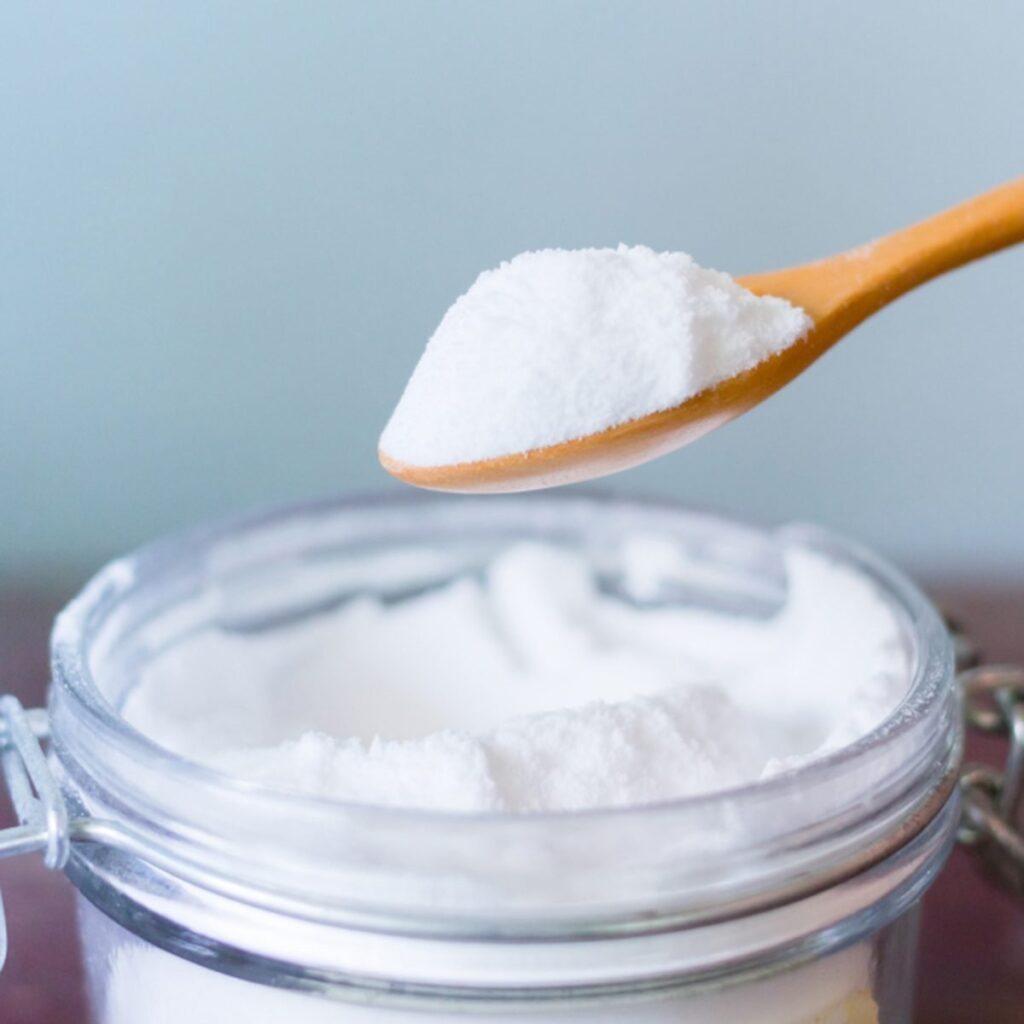
Baking soda is a white crystalline powder that’s slightly alkaline. It reacts with acids to produce carbon dioxide gas, which is why it’s commonly used as a leavening agent in baking. However, its utility stretches far beyond the kitchen:
- Industrial uses: Flue gas treatment, chemical manufacturing, fire extinguishers.
- Medical uses: Antacids, treatment for acidosis.
- Home uses: Odor neutralizer, cleaning agent, personal hygiene.
Due to its broad range of applications, baking soda is in constant global demand, and large-scale production has become a vital aspect of several national economies.
Raw Materials and Production Process
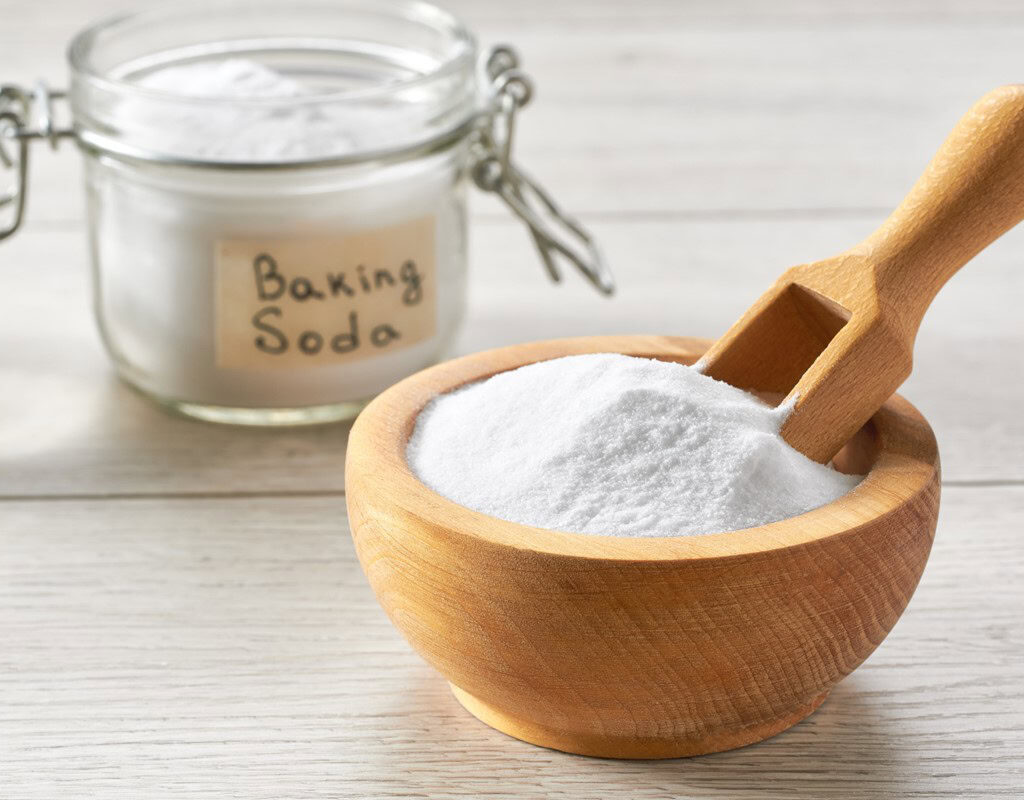
The primary raw material used to produce baking soda is trona ore or soda ash (sodium carbonate). The Solvay process and the mining of natural soda ash are two of the main methods used for commercial production.
- Solvay Process: A synthetic chemical process that uses salt, ammonia, and limestone.
- Natural Soda Ash Mining: Extracting naturally occurring trona, primarily in places like the Green River Basin in the U.S.
Both processes result in sodium carbonate, which is then reacted with carbon dioxide and water to produce baking soda.
The Global Baking Soda Market
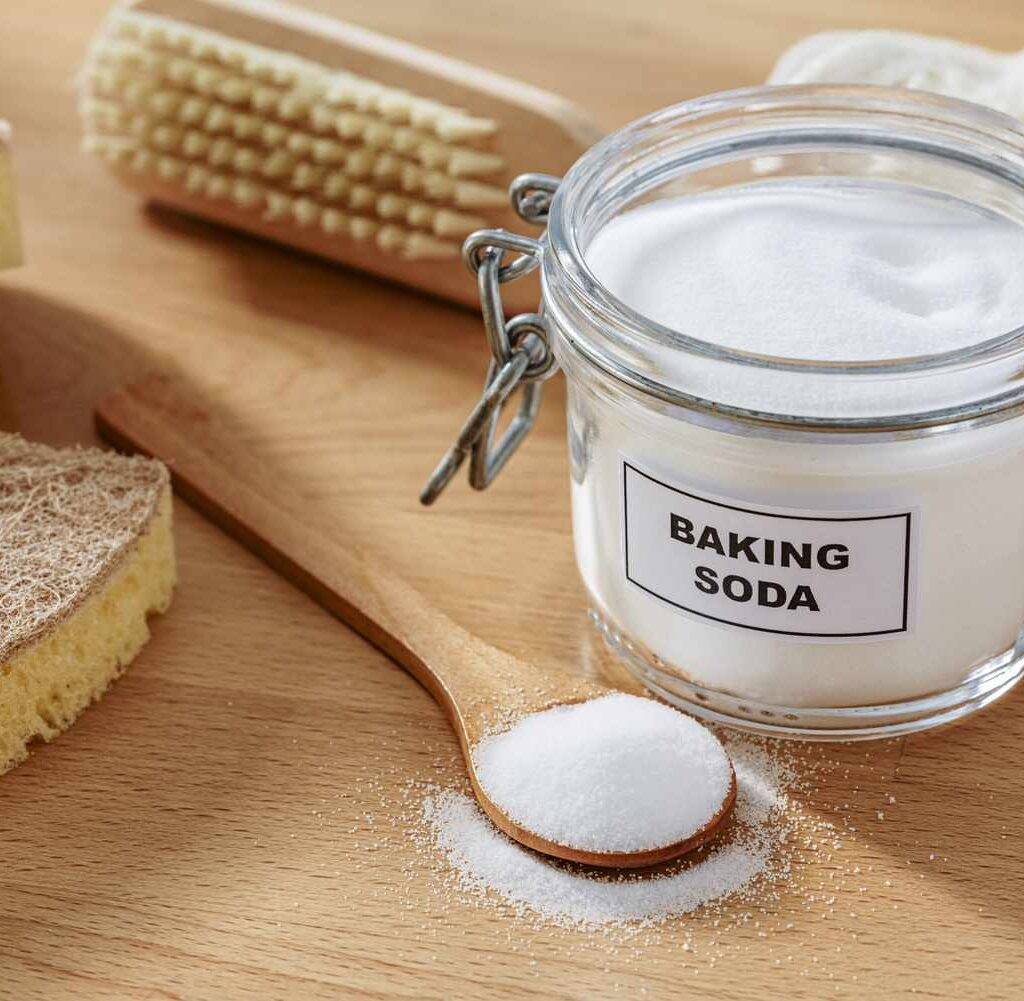
The global baking soda market was valued at over USD 3 billion in 2023 and is projected to grow steadily due to increasing demand from the food & beverage, healthcare, and industrial sectors. Key players in this market include:
- Solvay S.A. (Belgium)
- Tata Chemicals Ltd. (India)
- Church & Dwight Co., Inc. (USA)
- Tosoh Corporation (Japan)
- GHCL Limited (India)
These companies operate in multiple regions, but their production capacities and sources of raw materials vary, giving some countries a natural advantage.
The United States: The Largest Baking Soda Producer in the World
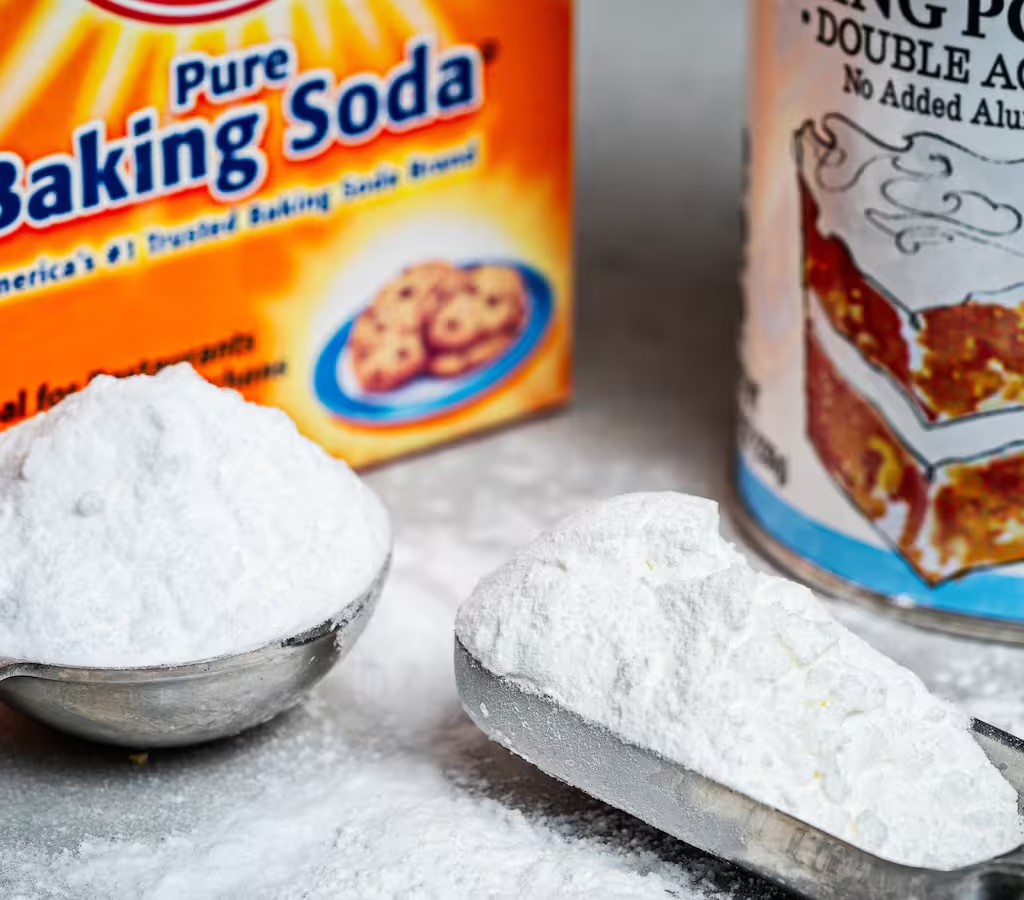
1. Production Volume and Natural Resources
The United States holds the title of the largest baking soda producer in the world. This is primarily because of its abundant natural soda ash reserves, particularly in Wyoming, home to the largest known deposit of trona ore on the planet. The Green River Basin alone accounts for over 90% of the nation’s soda ash production.
According to the U.S. Geological Survey (USGS), the U.S. produces around 11-12 million metric tons of soda ash annually, a significant portion of which is converted into baking soda. While not all soda ash is used for baking soda, the scale of operations in the U.S. surpasses that of any other country.
2. Key Players in the U.S.
- Church & Dwight Co., Inc.: A dominant name in consumer-grade baking soda, known globally for the Arm & Hammer brand.
- Solvay Chemicals Inc.: Operates major facilities in the U.S. and exports globally.
- Genesis Alkali: One of the largest producers of natural soda ash and baking soda in North America.
These companies export baking soda across North America, Europe, Asia, and Africa.
Other Major Baking Soda Producers
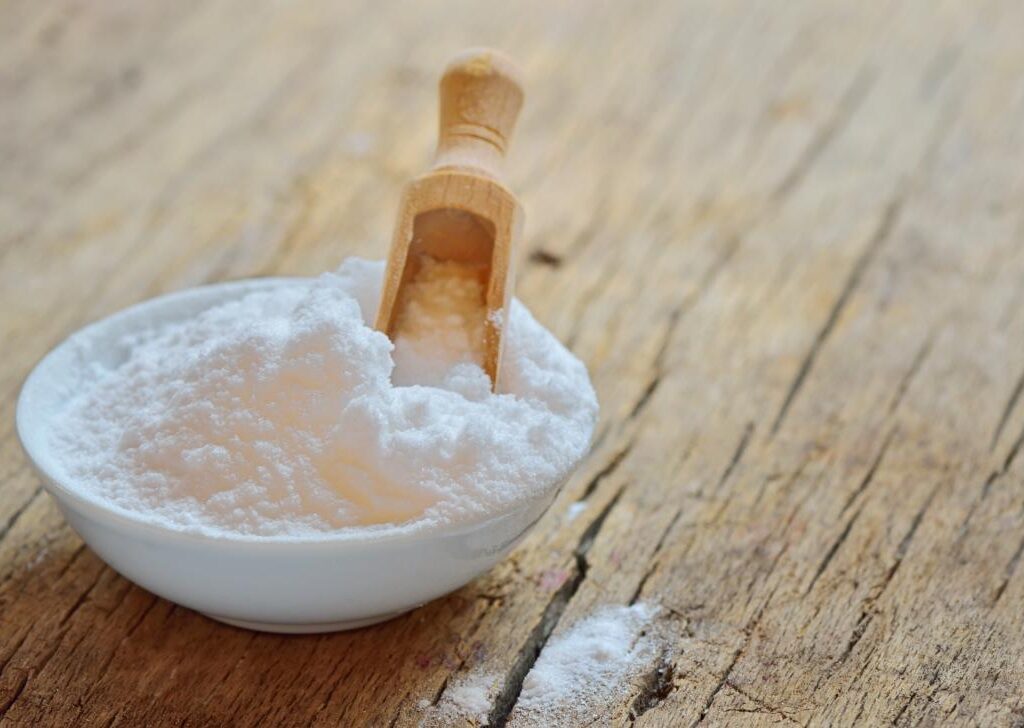
While the U.S. leads the global market, other countries also contribute significantly:
1. China
China is a major baking soda producer due to its large chemical manufacturing infrastructure. The country uses the Solvay process extensively, given limited trona resources. However, environmental regulations and concerns about energy-intensive synthetic processes have slowed growth in recent years.
2. India
India is another prominent producer, with companies like Tata Chemicals and GHCL playing key roles. The country uses both synthetic and natural processes and exports to Europe, the Middle East, and Africa.
3. Turkey and Kenya
Both countries have been increasing their soda ash and baking soda production capacities. Turkey, in particular, is rich in natural soda ash and is emerging as a significant exporter to Europe.
Why the U.S. Leads
The U.S. dominance in baking soda production is due to a unique combination of:
- Natural Resources: Vast trona reserves that are cost-effective and eco-friendly compared to synthetic methods.
- Established Infrastructure: Advanced mining and processing facilities with decades of experience.
- Global Brands: Brands like Arm & Hammer have established global trust and consumer loyalty.
- Environmental Regulations: The natural extraction process used in the U.S. has a lower environmental footprint compared to synthetic methods used elsewhere.
Economic and Environmental Impact
Economic Contributions
Baking soda production contributes significantly to the U.S. economy through:
- Employment in mining and chemical manufacturing sectors
- Export revenues
- Industrial innovation
The industry also stimulates downstream sectors like pharmaceuticals, food processing, and cleaning product manufacturing.
Environmental Considerations
Natural soda ash mining in the U.S. is less harmful compared to synthetic processes that require high energy input and generate waste. However, responsible land management and water usage are still essential to ensure sustainability.
Future Trends and Outlook
The global baking soda market is expected to witness consistent growth, driven by:
- Growing food and beverage industry: Especially in emerging economies.
- Increased demand for eco-friendly cleaning products.
- Expansion of healthcare and pharmaceutical applications.
- Innovation in packaging and branding: Making baking soda more consumer-friendly.
The U.S. is likely to retain its leadership, thanks to its resource advantage and global supply chain presence. However, China, India, and emerging markets will remain competitive players, especially in regional markets.
Conclusion
In conclusion, the United States stands as the largest producer of baking soda in the world, owing to its immense natural trona reserves, strong industrial base, and well-known global brands. While other countries like China and India have substantial production, the U.S.’s natural advantage and efficient production processes give it a commanding lead.
Understanding the dynamics of global baking soda production offers insights into broader industrial, environmental, and economic trends. As the world moves toward sustainable and multi-use products, baking soda will continue to play a key role, with the U.S. at the forefront of innovation and supply.
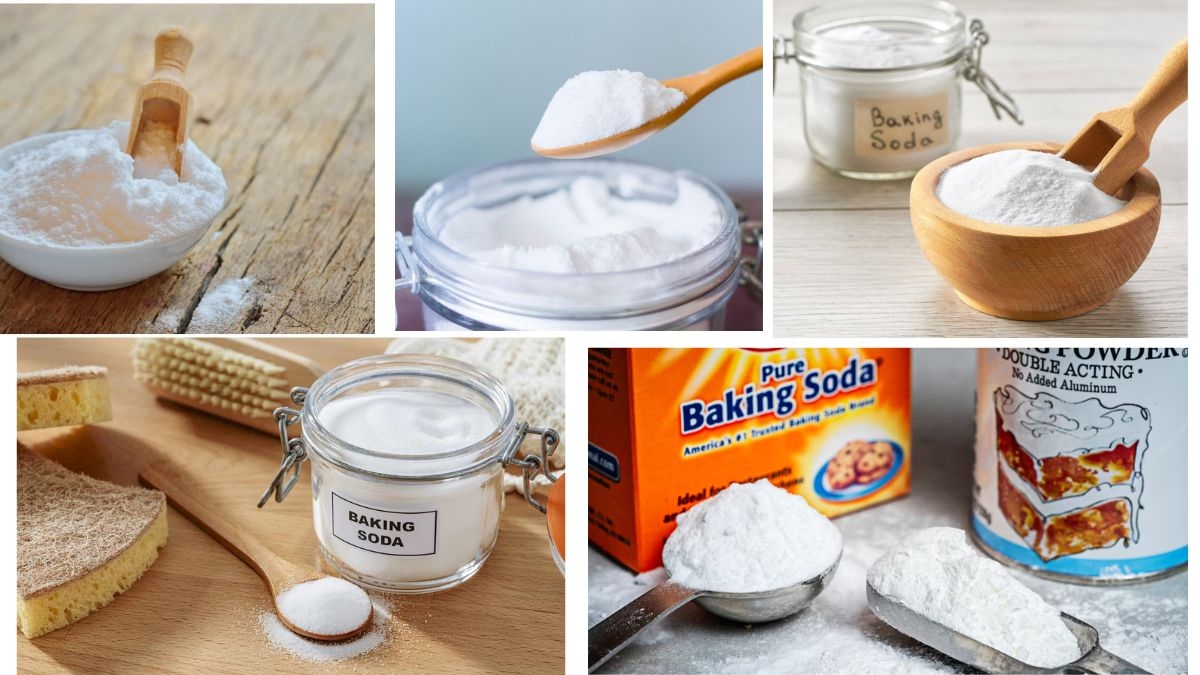



Leave A Comment